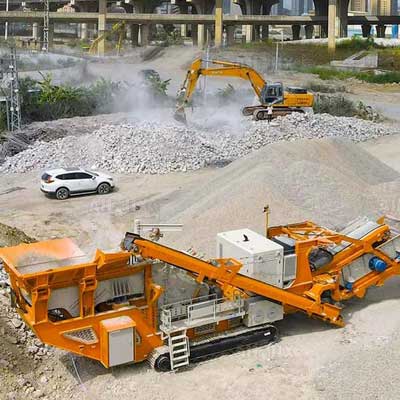
Finding a Budget-Friendly 100 TPH Stone Crusher Price
Discover budget-friendly options for 100 TPH stone crushers, including tips on specifications, purchasing, and financing strategies.


© 2024 Crivva - Business Promotion. All rights reserved.